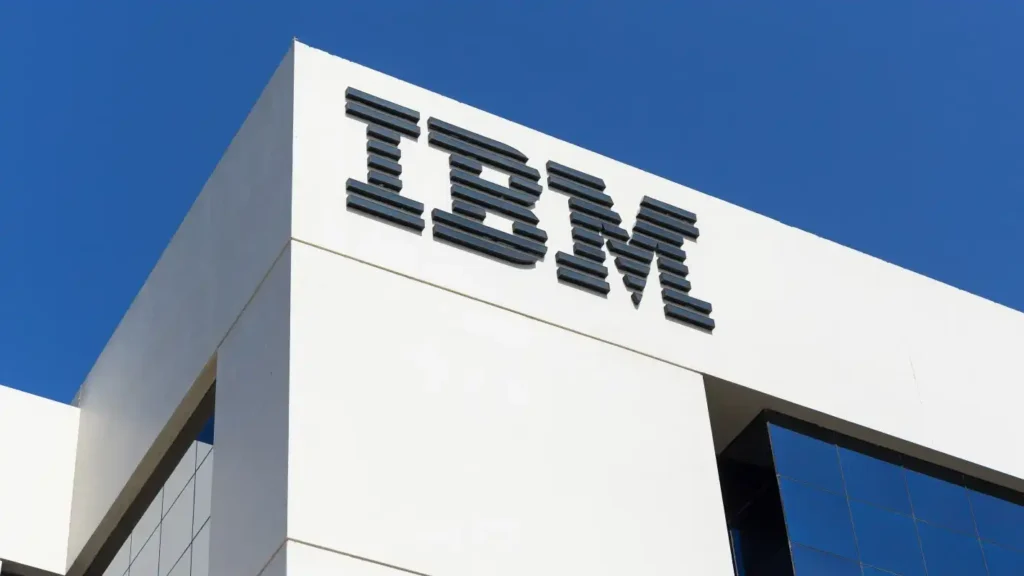The Rise of HR Tech: Must-Have Tools for 2025 and Beyond
As organizations continue to navigate the evolving world of work, technology has become central to how businesses manage and develop their human capital. No longer confined to administrative duties, Human Resources (HR) is now a strategic function empowered by advanced digital tools that enhance everything from recruitment and onboarding to employee engagement and performance analytics. By 2025, HR technology will be more than a convenience—it will be a necessity. The rapid rise in automation, hybrid work models, data-driven decision-making, and personalized employee experiences is pushing companies to embrace a new generation of HR tech solutions. Understanding the HR Tech Boom The HR technology market is expanding at an unprecedented rate. According to industry estimates, the global HR tech market is expected to exceed $35 billion by 2028. This surge is being driven by a variety of factors, including: The shift to remote and hybrid work models The increasing demand for real-time employee data A growing emphasis on diversity, equity, and inclusion (DEI) The need for faster, more intelligent talent acquisition Rising employee expectations around engagement and wellness With these shifts, HR leaders are turning to tools that not only improve processes but also enhance the employee experience at every stage of the lifecycle. Key Trends Shaping HR Technology in 2025 Before identifying the tools to watch, it’s important to understand the broader trends shaping the future of HR: 1. AI and Automation Artificial intelligence is playing a larger role in recruitment, resume screening, and predictive analytics. AI helps HR teams make faster, more objective decisions while freeing up time for strategic tasks. 2. Skills-First Talent Strategies Organizations are moving away from job titles and degrees and instead focusing on skills. HR tech is enabling this shift by mapping employee skills to business needs and learning paths. 3. Enhanced Employee Experience Platforms Employee Experience Platforms (EXPs) are being designed to manage every aspect of the employee journey, from onboarding to performance reviews, offering personalized, data-rich experiences. 4. Predictive People Analytics Workforce data is now essential for anticipating attrition, improving DEI outcomes, and planning for future roles and capabilities. 5. Employee Wellness and Mental Health Digital wellness tools have become central to HR strategy, especially with rising concerns about stress, burnout, and work-life balance in hybrid environments. Must-Have HR Tech Tools for 2025 and Beyond Based on current trends and emerging business needs, here are the most impactful categories of HR tech tools organizations should prioritize: 1. Recruitment and Applicant Tracking Systems (ATS) These tools streamline recruitment by automating job postings, candidate tracking, and interview scheduling. Leading Tools: Greenhouse – Structured hiring with DEI support Lever – Combines ATS with candidate relationship management HireEZ (formerly Hiretual) – AI-powered sourcing for passive candidates 2. AI-Based Screening and Interview Platforms These platforms use artificial intelligence to assess candidates more efficiently and objectively, reducing hiring bias. Leading Tools: HireVue – AI-driven video interviewing and candidate analysis Modern Hire – Combines science and technology to improve hiring decisions Pymetrics – Neuroscience-backed assessments for fair hiring 3. Onboarding and Employee Experience Platforms A seamless onboarding process is key to employee retention. These platforms ensure smooth transitions and consistent engagement. Leading Tools: Talmundo – Interactive onboarding workflows Enboarder – Human-centric engagement experiences SAP SuccessFactors – Comprehensive lifecycle management 4. HR Analytics and Workforce Planning Tools These tools offer powerful insights into employee behavior, helping companies make data-informed decisions. Leading Tools: Visier – Predictive analytics for HR and workforce planning ChartHop – Visualizes HR data for better organizational decisions PeopleInsight – Unified analytics from multiple HR systems 5. Learning and Development (L&D) Platforms With upskilling becoming a business imperative, these platforms deliver personalized learning at scale. Leading Tools: Degreed – Skills-based learning and development EdCast – AI-driven learning experience platform Coursera for Business – Curated courses from global universities and companies 6. Employee Engagement and Feedback Tools Continuous feedback and employee listening are now essential for workplace culture and retention. Leading Tools: Culture Amp – Surveys, feedback, and action planning Officevibe – Real-time pulse surveys and team engagement tools Peakon (Workday) – Predictive insights based on employee sentiment 7. Wellness and Benefits Management Platforms Holistic employee wellness is critical to organizational success. These tools support mental health, fitness, and benefits personalization. Leading Tools: Headspace for Work – Mindfulness and mental health resources Wellable – Corporate wellness and incentive programs Zestful – Flexible employee perks and rewards 8. Core HR and Payroll Systems Reliable HRIS and payroll systems remain the backbone of HR operations, ensuring compliance and operational efficiency. Leading Tools: Workday – Integrated HCM with talent, payroll, and analytics BambooHR – User-friendly HRIS for small to mid-sized companies ADP Workforce Now – Scalable solution for payroll and HR compliance Building a Future-Ready HR Function To keep pace with digital transformation, HR leaders must: Invest in digital literacy and tech adoption within HR teams Ensure seamless integration between different HR systems Put employee privacy and ethical AI use at the center of implementation Evaluate HR tools not just for features, but for long-term adaptability and ROI Conclusion HR technology is no longer optional—it’s a strategic imperative. By leveraging the right tools, companies can not only streamline operations but also create agile, inclusive, and engaging work environments that attract and retain top talent. As we step further into 2025, the HR leaders who embrace innovation will be the ones who shape the future of work.
The Rise of HR Tech: Must-Have Tools for 2025 and Beyond Read More »



